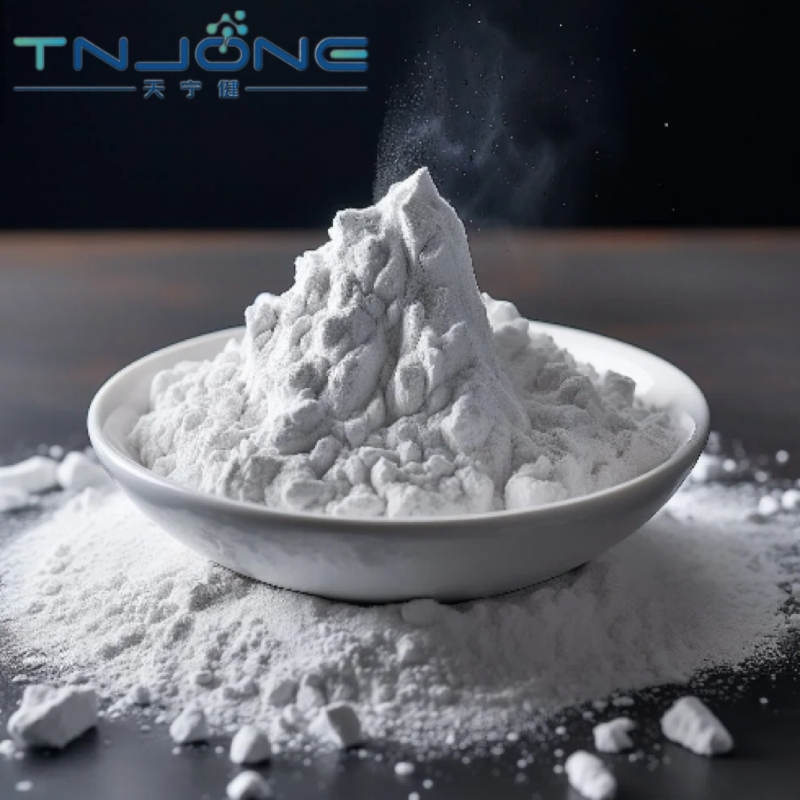-
Categories
-
Pharmaceutical Intermediates
-
Active Pharmaceutical Ingredients
-
Food Additives
- Industrial Coatings
- Agrochemicals
- Dyes and Pigments
- Surfactant
- Flavors and Fragrances
- Chemical Reagents
- Catalyst and Auxiliary
- Natural Products
- Inorganic Chemistry
-
Organic Chemistry
-
Biochemical Engineering
- Analytical Chemistry
-
Cosmetic Ingredient
- Water Treatment Chemical
-
Pharmaceutical Intermediates
Promotion
ECHEMI Mall
Wholesale
Weekly Price
Exhibition
News
-
Trade Service
On November 19, the FDA revised the emergency use authorization and approved the BNT162b2 and Moderna mRNA vaccines as booster injections for the use of any kind of FDA-approved new crown vaccine (BNT162b2, Moderna, Johnson & Johnson) aged 18 or over
.
The US Centers for Disease Control and Prevention (CDC) Immunization Practice Advisory Committee will hold a meeting later on the 19th to discuss further clinical recommendations
Prior to this authorization, Moderna and Pfizer-BioNTech's single-dose new crown vaccine has been authorized for people 65 years and older, 18 to 64 years old at high risk of severe new coronary pneumonia, and people 18 to 18 who are often exposed to SARS-CoV-2 in institutions or occupations.
Used by 64-year-olds
.
Today’s action expands the scope of use of the two vaccine boosters, that is, at least 6 months after completing the Moderna new crown vaccine or Pfizer-BioNTech new crown vaccine primary vaccination series or at least 2 months after completing the primary vaccination of Johnson's new crown vaccine over 18 years of age
Effectiveness of data support
Effectiveness of data support The single-dose booster emergency use authorization of Moderna and Pfizer-BioNTech's new crown vaccine is based on the FDA's analysis of immune response data, which supports the use of booster needles in previously authorized populations
.
For the booster shot of Moderna's new crown vaccine, the FDA analyzed the immune response data of 149 original clinical study participants aged 18 years and older and found that these participants received the booster shot within at least 6 months after the second injection.
FDA's assessment of benefits and risks
FDA's assessment of benefits and risks Since Moderna and Pfizer-BioNTech initially submitted to the FDA the safety and effectiveness data of a single-dose booster injection after the initial vaccination, regarding the recent increase in the number of new coronary pneumonia cases in the United States, and myocarditis (myocarditis) and pericarditis after vaccination ( There are more real data on the risk of inflammation of the outer lining of the heart
.
These additional data allow the FDA to reassess the benefits and risks of using these vaccines in the average adult
references
References Referenceshttps://







